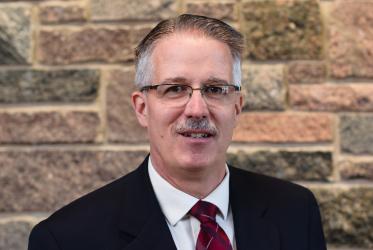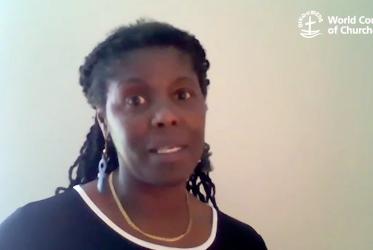Displaying 1 - 12 of 12
Thirty days that changed the ecumenical movement
23 October 2023
Konrad Raiser shares ecumenical journey of transformation
06 February 2018
USA Racial Justice Accompaniment Visit
18 April 2016
WCC condemns mass killing in Charleston
18 June 2015




